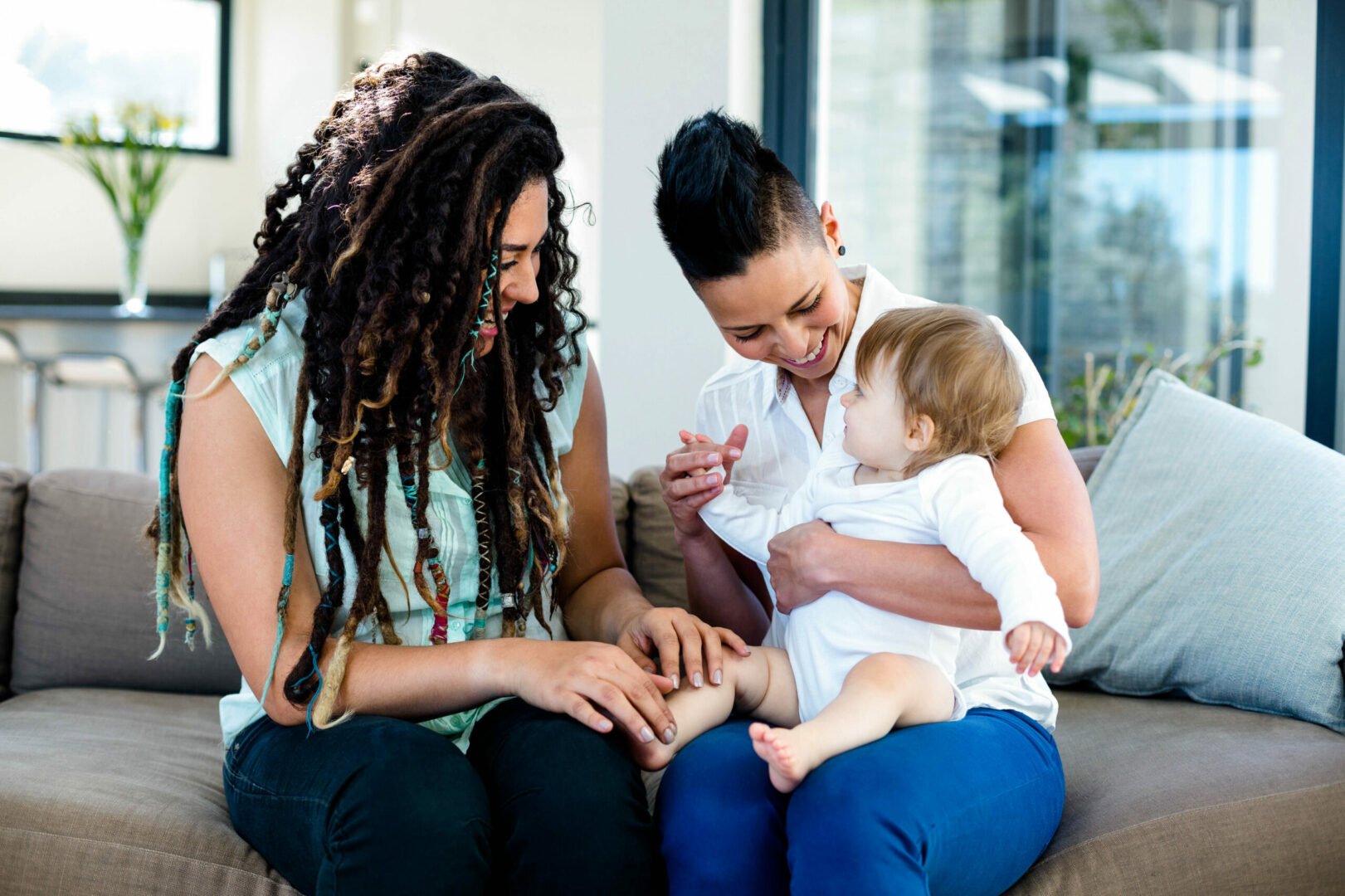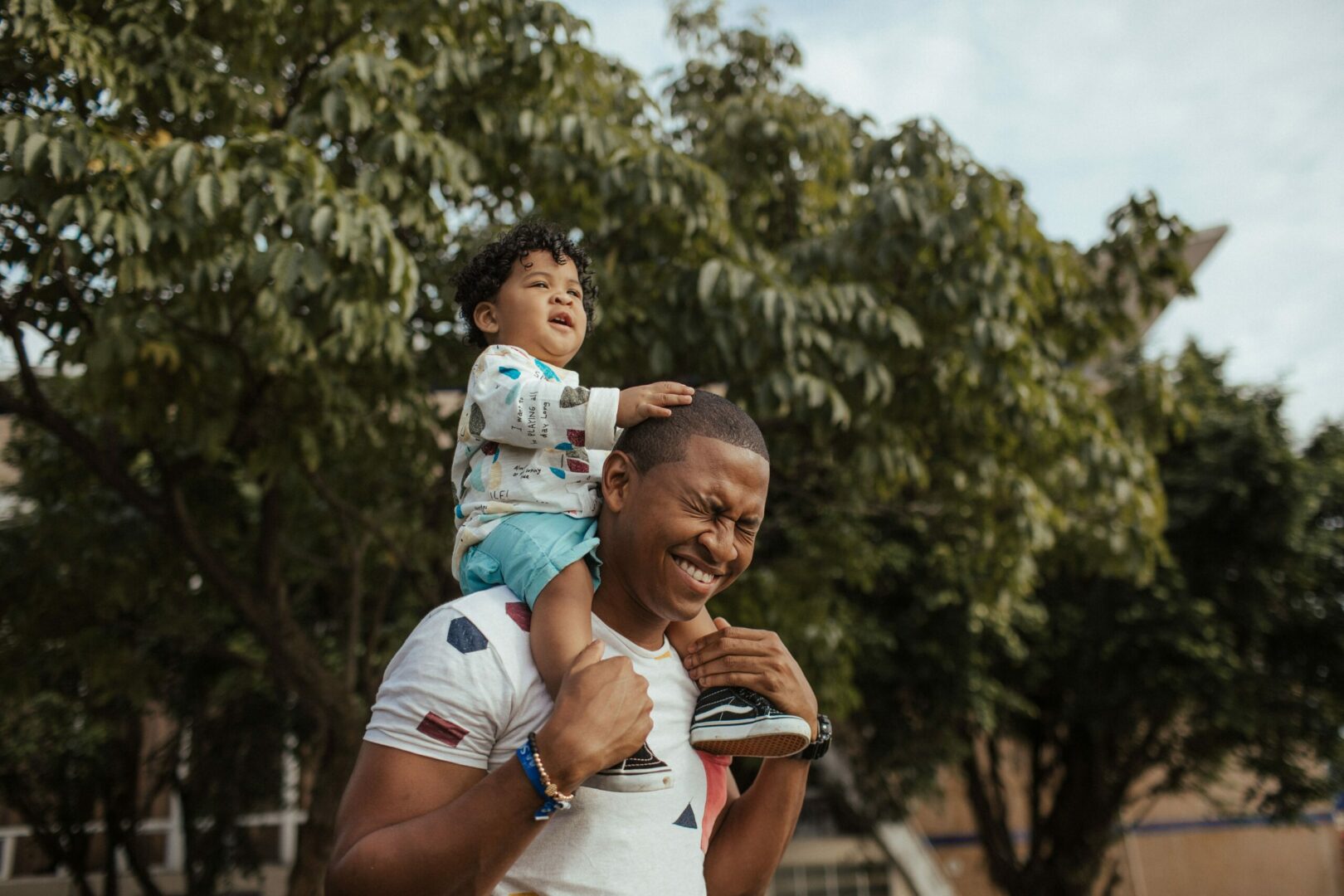
Frequently Asked Questions About Foster Care
Yes, you can!
What is it like to foster?
FAQ's
Private agencies connect families with children whose parents have already given up their parental rights or who are in the process of having their parental rights voluntarily removed. When adopting through foster care, a family begins by fostering a child in their home. In the event that the courts determine reunification is not possible, the court may explore other long term options.
The first step in that process is to look for any biological relatives the child may have who might be willing to care for them long term. If no relatives are found and the child's biological parents’ rights are voluntarily relinquished or taken away by the court, the foster family may potentially adopt the child. Through adoption, a foster parent receives full legal parental rights of the child.
For more information on the differences or if you have questions please call Anne Arundel County's Foster Parent Program recruiter, Tracy Madera, at (410) 303-0459.
Yes, the State of Maryland requires all foster parent household caregivers to attend all 27 hours of Pre-Service training.
Yes, many of our foster families include a two-parent working household and even many single parent working households. We do require foster families to use licensed or agency approved child care providers. There is a child care reimbursement that covers some of the cost of child care, and you also would need to use some of your monthly foster care stipend to cover the costs of child care.
Yes, the State of Maryland requires all foster parent household caregivers to sign a Discipline Policy in which the foster parent(s) agree not to use any corporal punishment with foster children. Corporal punishment (which is strictly prohibited) includes: physical hitting or any type of physical punishment inflicted in any manner upon the body. During the course of your Pre-service training, you will participate in an entire session devoted to learning acceptable discipline techniques that have been successful for many foster parents.
Yes. Foster parents receive a monthly allowance based on the type of care being provided; partial daycare reimbursement; mileage reimbursement; medical assistance; and respite care.
Yes. Social work staff will be available to support your fostering experience as well as foster/adoptive parent trainers. They will be available to you by phone and may visit your home on a regular basis. Additionally, the Foster Parent Association and the Foster Parent Support Groups are good ways to meet and get support from other foster and adoptive parents.
Yes, Some degree of openness is almost always better for the child and will be mandated by the court during the fostering process and sometimes even in adoptions. Most children, even younger ones, are able to understand that they have birth parents they no longer live with. Children are not going to forget their parents, whether or not they are in their life. Our advice is to follow whatever level of openness your social worker suggests and to be as open as possible in including birth family members in your child’s life.




